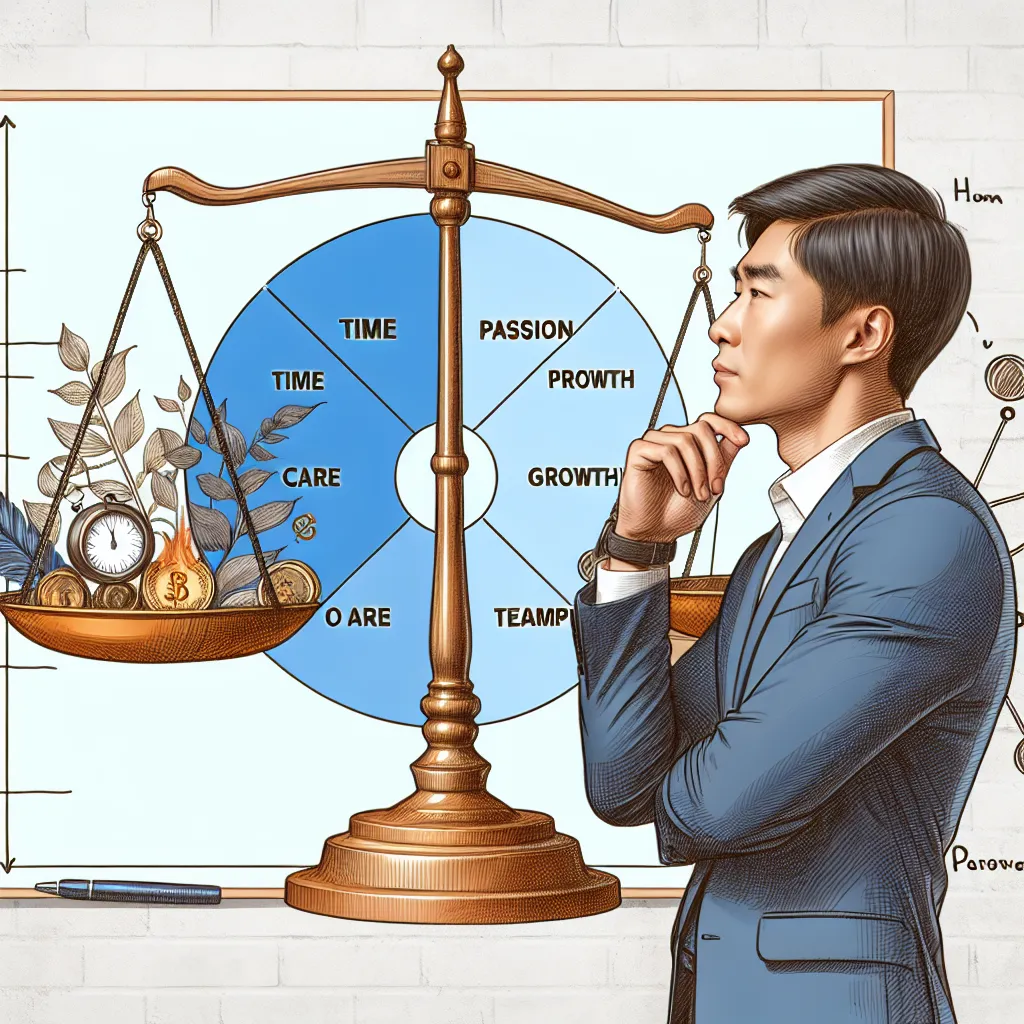Personal values are the core principles that guide our decisions and behaviors. In job interviews, questions about personal values are increasingly common as employers seek to understand candidates’ motivations and cultural fit. This article will provide you with strategies to effectively answer questions about your personal values during job interviews.
Understanding Personal Values in the Workplace
Personal values are the fundamental beliefs that drive our actions and define who we are. In a professional context, these values can significantly impact how we approach work, interact with colleagues, and align with company culture.
Why Employers Ask About Personal Values
Employers ask about personal values to:
- Assess cultural fit
- Understand your motivations
- Gauge your potential for growth within the organization
- Evaluate your decision-making process
 Job interview personal values
Job interview personal values
Common Personal Values in the Workplace
Some common personal values that are relevant to the workplace include:
- Integrity
- Teamwork
- Innovation
- Accountability
- Diversity and inclusion
- Continuous learning
- Work-life balance
Strategies for Answering Questions About Personal Values
When faced with questions about your personal values during an interview, consider these strategies:
1. Reflect on Your Core Values
Before the interview, take time to identify and reflect on your core values. Consider what principles guide your decisions and actions in both personal and professional settings.
2. Align Your Values with the Company’s
Research the company’s mission statement and core values. While you shouldn’t misrepresent your own values, highlighting areas of alignment can demonstrate your potential fit within the organization.
3. Provide Specific Examples
When discussing your personal values, provide concrete examples of how you’ve applied these values in your professional life. This adds credibility to your statements and helps the interviewer understand how your values translate into actions.
4. Be Authentic
Honesty is crucial when discussing personal values. Avoid saying what you think the interviewer wants to hear if it doesn’t align with your true beliefs. Authenticity is key to finding a role and company that genuinely fits you.
5. Explain the ‘Why’ Behind Your Values
Don’t just state your values; explain why they are important to you. This deeper insight helps interviewers understand your motivations and thought processes.
Sample Questions and Answers About Personal Values
Here are some common questions about personal values you might encounter in an interview, along with sample answers:
Q1: “What are your core values, and how do they influence your work?”
Sample Answer: “Two of my core values are integrity and continuous learning. Integrity means always doing the right thing, even when no one is watching. This translates to my work by ensuring I’m always honest with colleagues and clients, and that I take responsibility for my actions. As for continuous learning, I believe in constantly improving my skills and knowledge. In my previous role, I regularly attended industry workshops and sought feedback from my managers to identify areas for growth.”
Q2: “Can you describe a time when your personal values conflicted with a work situation? How did you handle it?”
Sample Answer: “In my previous job, I was asked to withhold information from a client about a delay in their project. This conflicted with my value of honesty. I approached my manager and expressed my concerns, suggesting we be upfront with the client and work together to find a solution. My manager appreciated my integrity, and we ended up disclosing the delay to the client. While they were initially disappointed, they ultimately valued our honesty and it strengthened our long-term relationship.”
Q3: “How do you ensure your personal values align with a company’s culture?”
Sample Answer: “I believe it’s crucial to research a company’s mission and values before applying. When I read about your company’s commitment to innovation and teamwork, it resonated with my own values. During the interview process, I ask questions about how these values are put into practice. I also observe the workplace dynamics and interactions among employees to get a sense of the lived culture. It’s important to me that there’s a genuine alignment between stated values and daily practices.”
 Personal values alignment in workplace
Personal values alignment in workplace
Q4: “What value do you think is most important in a leader?”
Sample Answer: “I believe the most important value in a leader is integrity. A leader with integrity builds trust, sets a positive example, and creates a culture of accountability. When a leader consistently demonstrates honesty and ethical behavior, it inspires the entire team to uphold high standards. In my experience, teams led by individuals with strong integrity tend to be more cohesive, motivated, and successful in achieving their goals.”
Q5: “How do your personal values contribute to your decision-making process?”
Sample Answer: “My personal values act as a compass in my decision-making process. For instance, one of my core values is respect for others. When faced with a decision, I always consider how it will impact my colleagues and stakeholders. This often leads me to seek input from others and consider diverse perspectives before making a final choice. Another value that guides my decisions is innovation. I’m always looking for ways to improve processes or try new approaches, which helps me make decisions that drive progress and efficiency.”
Common Mistakes to Avoid When Discussing Personal Values
When answering questions about personal values, be careful to avoid these common pitfalls:
- Being vague or generic
- Misaligning your stated values with your examples
- Focusing solely on personal benefit rather than organizational impact
- Neglecting to show how your values translate into workplace behaviors
- Overemphasizing values that might conflict with the job requirements
Follow-up Questions and How to Answer Them
Interviewers may ask follow-up questions to delve deeper into your personal values. Here are some examples with suggested approaches:
-
Q: “How do you handle situations where your personal values conflict with company policies?”
A: Emphasize your ability to communicate concerns professionally and find constructive solutions that respect both personal integrity and company rules. -
Q: “Can you give an example of how you’ve upheld your values in a challenging work situation?”
A: Share a specific instance where you maintained your principles despite pressure or difficulty, highlighting the positive outcome. -
Q: “How do you adapt your personal values to different workplace cultures?”
A: Discuss your flexibility and ability to find common ground while maintaining your core principles. -
Q: “What steps do you take to ensure your team members’ values are respected?”
A: Explain your approach to fostering an inclusive environment that values diverse perspectives and beliefs. -
Q: “How have your personal values evolved throughout your career?”
A: Reflect on how your experiences have shaped and refined your values, demonstrating growth and self-awareness.
Conclusion
Effectively answering questions about personal values in job interviews requires self-reflection, preparation, and authenticity. By clearly articulating your values and demonstrating how they positively impact your work, you can provide interviewers with valuable insights into your character and potential fit within their organization. Remember, the goal is not just to impress the interviewer, but to ensure that your values align with the company’s culture, setting the foundation for a mutually beneficial professional relationship.
For more tips on acing your job interview, check out our articles on how to answer questions about mentorship and how to answer questions about work ethics.




